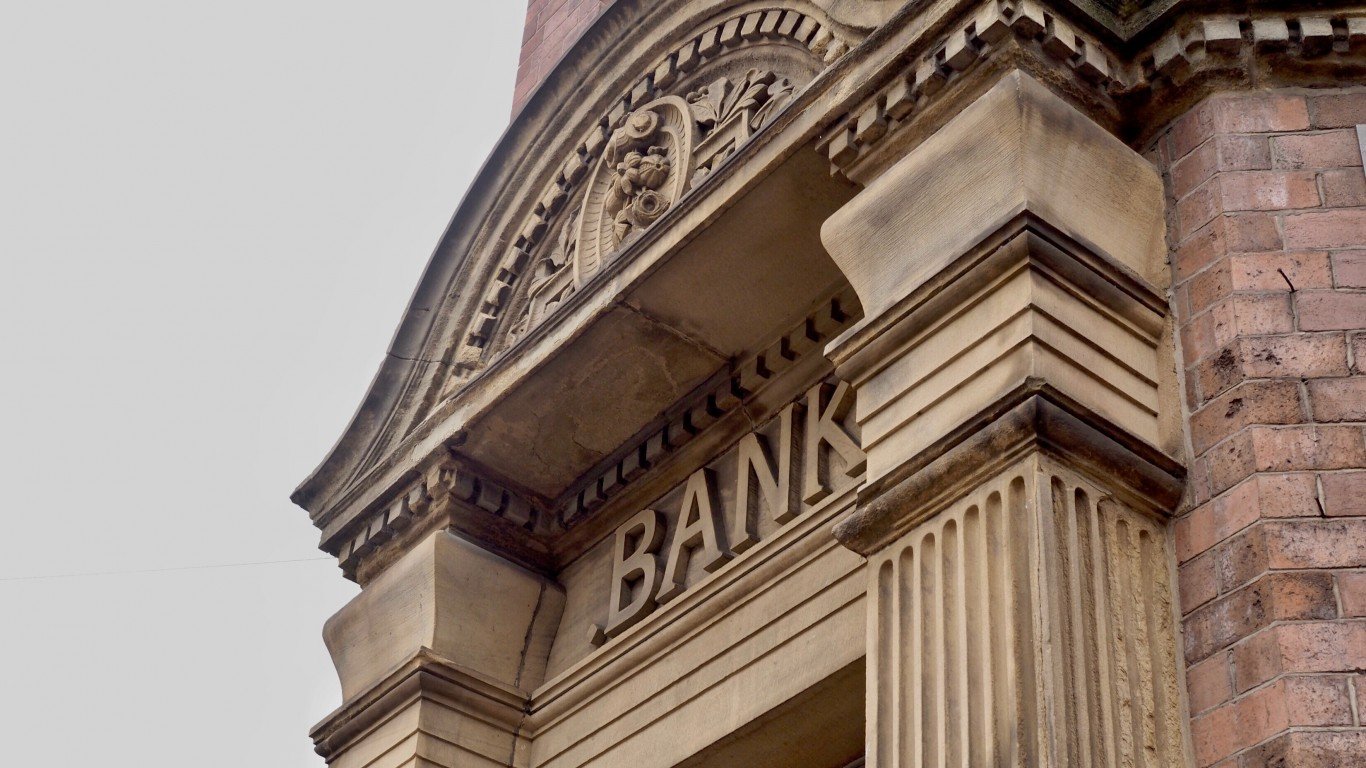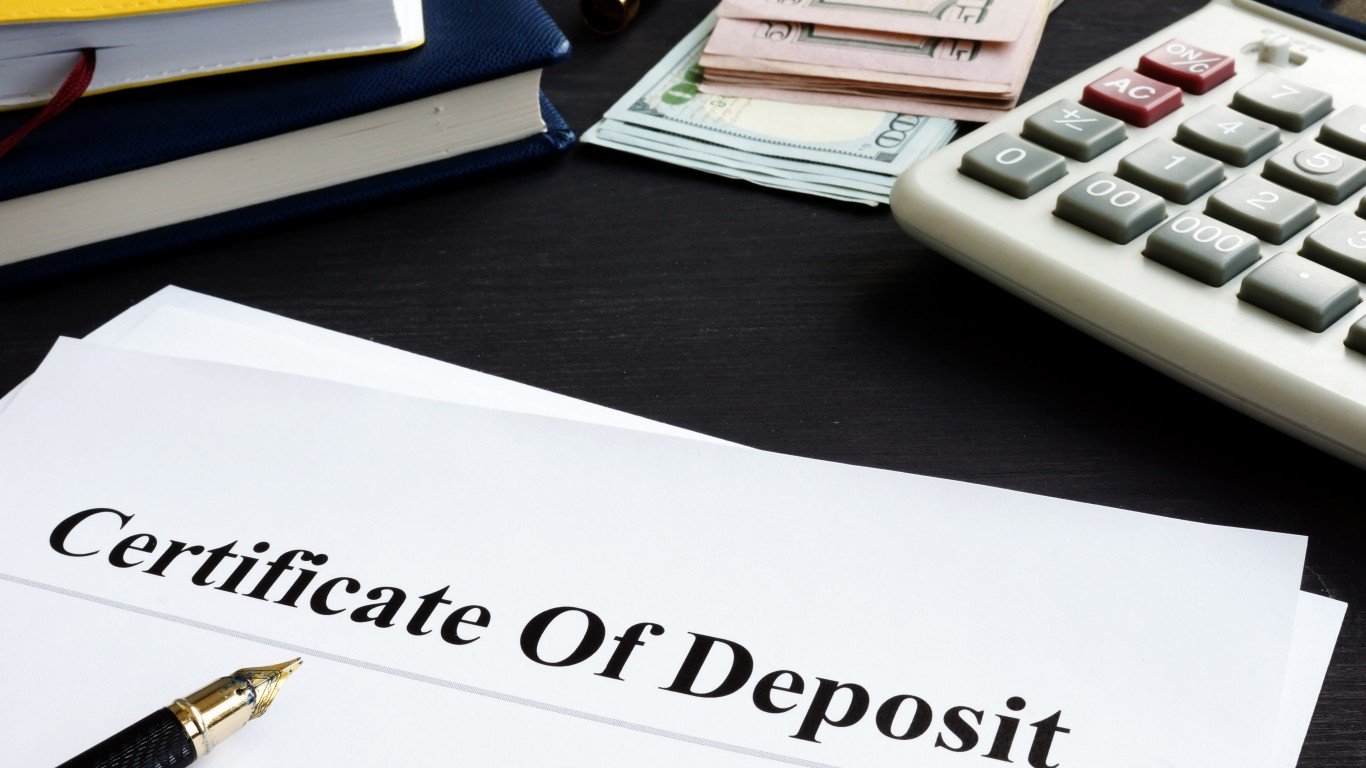
16. Invest in real estate
You can invest in real estate by buying property directly or through real estate investment trusts that allow you to invest in the sector without purchasing property. A REIT is a company that either owns income-generating properties or owns the mortgage on them. When the properties appreciate, the REIT pays out the profits to shareholders as dividends, which makes this investment very attractive.
REITs specialize in a certain type of property. There are various kinds of REITs – health care, mortgage, residential, office, and retail.

17. Invest in money market accounts (MMA)
Money market accounts, introduced in the 1970s, are available at banks and credit unions and feature both savings and checking accounts. Banks often require a minimum deposit to open a money market account. These accounts generally pay higher interest rates than regular savings accounts and may come with debit cards and some check-writing privileges. Money market accounts are used by those with short-term financial goals, such as saving to buy a car or take a trip.

18. Invest in certificates of deposit (CD)
Certificates of deposits are safe banking instruments that offer higher interest rates than regular savings accounts in exchange for locking up your money for a specific period. CDs are offered at financial institutions such as banks and credit unions. A CD has a set term, ranging from a month up to 10 years. You can withdraw your money but you will forfeit part of the interest earned.

19. Get a high-interest savings account
While big banks are offering very low interest rates for savings accounts, take the time to find institutions that offer higher interest on savings accounts. Savings accounts are the safest place to store your money. The Federal Deposit Insurance Corporation safeguards your money at any FDIC-insured bank in case that bank fails. The insurance covers up to $250,000 per depositor, per FDIC-insured bank, per ownership category.

20. Decide whether to invest all your money at once
You can jump into investing with booth feet and invest all of your money in one shot. A sound alternative strategy, however, is dollar-cost averaging.
With dollar-cost averaging, you invest a fixed amount of money at regular intervals. Instead of investing $5,000 in an ETF at once, you invest in $1,000 intervals over five months. By doing this, you face less risk of spending all your money on an asset while it has a high price, since the price of equities fluctuates.
Originally posted at 24/7 Wall St.
Sponsored: Tips for Investing
A financial advisor can help you understand the advantages and disadvantages of investment properties. Finding a qualified financial advisor doesn’t have to be hard. SmartAsset’s free tool matches you with up to three financial advisors who serve your area, and you can interview your advisor matches at no cost to decide which one is right for you. If you’re ready to find an advisor who can help you achieve your financial goals, get started now.
Investing in real estate can diversify your portfolio. But expanding your horizons may add additional costs. If you’re an investor looking to minimize expenses, consider checking out online brokerages. They often offer low investment fees, helping you maximize your profit.






